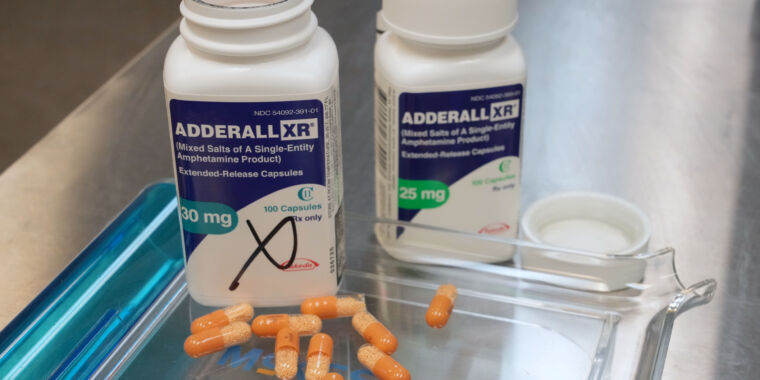Drug Shortages in the United States
The United States is currently facing an unprecedented crisis as drug shortages have reached an all-time high. According to data collected by the American Society of Health-System Pharmacists (ASHP), there are already 323 active and ongoing shortages this year. This figure surpasses the previous record set in 2014 and is the highest recorded since ASHP began tracking shortages in 2001.
Paul Abramowitz, the CEO of ASHP, highlighted the severity of the situation, stating that all drug classes are vulnerable to shortages. Particularly concerning are shortages of generic sterile injectable medications, such as cancer chemotherapy drugs and emergency medications stored in hospital crash carts and procedural areas. Shortages of therapies for attention-deficit/hyperactivity disorder (ADHD) also pose significant challenges for clinicians and patients.
Underlying Causes of Drug Shortages
Erin Fox, associate chief pharmacy officer of University of Utah Health, pointed out that most of the drugs in short supply are generic, older products, with around half being injectable drugs that require stringent manufacturing processes. The reasons for the numerous drug shortages facing doctors and patients are multi-faceted and, in many cases, unclear.
One well-established root cause of shortages in low-cost, off-patent generic drugs is the razor-thin profit margins associated with these products. Middle managers have driven down wholesale prices to rock-bottom levels, leading to financial losses for some generic manufacturers. This financial challenge disincentivizes other industry players from supporting fragile supply chains, with several generic manufacturers even filing for bankruptcy in recent years.
The Complex Case of Adderall Shortages
One example of a complex drug shortage situation is the critical shortage of the ADHD drug Adderall, which has affected millions of patients nationwide since October 2022. The shortage started due to a manufacturing delay from one manufacturer, despite the problem having been subsequently resolved.
The surge in Adderall prescriptions, particularly during the pandemic when telehealth prescribing became more widespread, further exacerbated the shortage. Additionally, Adderall, composed of amphetamine-mixed salts, is a controlled substance. The DEA imposes limits or “quotas” on manufacturers for producing this drug, which can worsen shortages, according to ASHP.
Policy Recommendations and Solutions
ASHP has identified that in 60 percent of cases, manufacturers do not provide reasons for their drugs falling into short supply. The organization has put forth policy recommendations aimed at preventing shortages and enhancing supply chains. ASHP advocates for federal and regulatory changes to address the root causes of drug shortages effectively.
Paul Abramowitz emphasized the ongoing work needed at the federal level to combat drug shortages, highlighting ASHP’s commitment to engaging with policymakers to develop and pass legislation addressing this critical issue. ASHP continues to advocate for solutions that will resolve drug shortages and support healthcare providers in delivering essential medications to patients.
Image/Photo credit: source url





